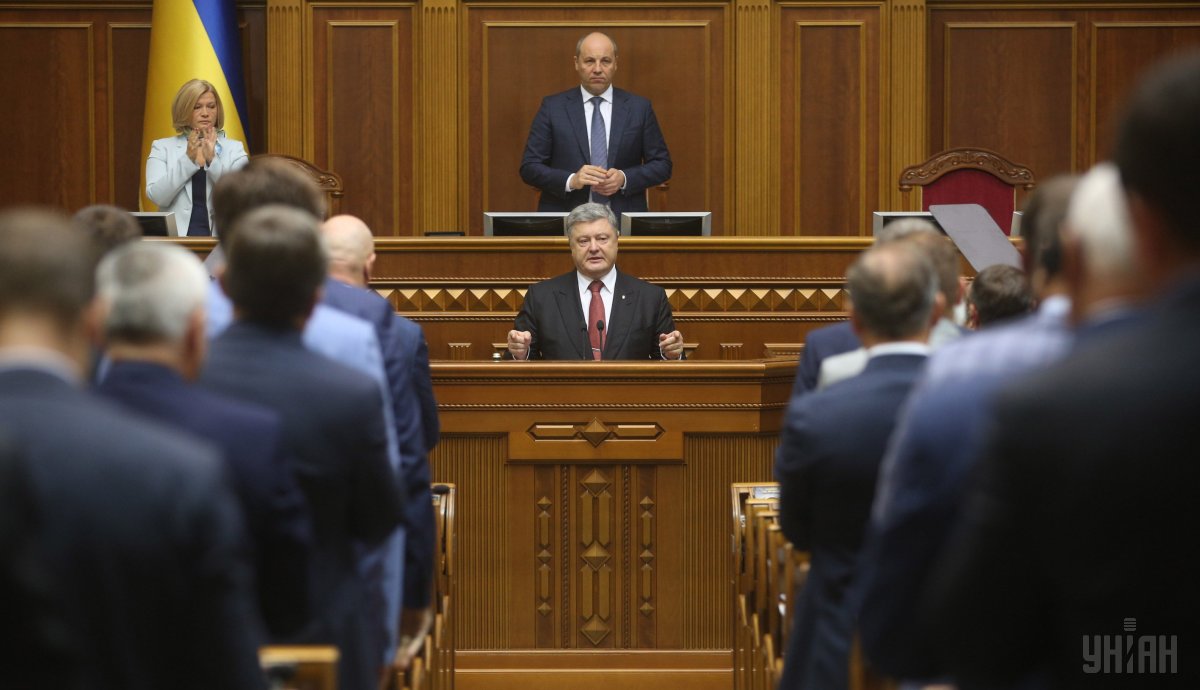
Week’s balance: President's address, preparation for winter, and nervous hryvnia
Ukrainian President Petro Poroshenko in his annual address to the parliament outlined the main tasks to achieve the country’s stable development, the government took up preparations for the heating season and assured that it would pass unhindered, while Naftogaz declared the need to attract European partners to the management of the gas transmission system - these are the main economic news of the outgoing week.
This week’s highlight became President Poroshenko’s annual, fourth consecutive, address to Parliament. A 90-minute speech from the Verkhovna Rada’s rostrum was dedicated to the issues of Ukraine’s foreign and domestic policy as well as the economic situation.
The Ukrainian leader put main accents in his economic block on the country’s successes - achieving stable economic growth and eliminating energy dependence on the aggressor state.
Poroshenko noted that Ukraine is gradually reducing the share of imports of nuclear fuel from the Russian Federation, increasing supplies from the American-Japanese Westinghouse (six out of 15 nuclear power units already operate on U.S. fuel), and has long said good-bye to the era of Russian "gas blackmail" - for almost 2 years, Kyiv has not been purchasing any gas from Gazprom and has no plans to buy any in the future.
Also, the president reported on the funds received from the country’s key lender, the International Monetary Fund. "I want to dispel another myth: every kopiyka that Ukraine received from the IMF is carefully stored in the state's gold and currency reserves. Today these reserves exceed $18 billion," the head of state said, adding that over the two years the reserves have increased by more than $13 billion, while the hryvnia exchange rate has remained unchanged for two years after the drop in 2014-2015.
Poroshenko stressed the need to intensify reforms in the country that has chosen as its strategic goal integration into the European Union and NATO.
The head of state called on the Verkhovna Rada to adopt the necessary laws that will remove public phobias regarding land reform and create the necessary fuses for the future launch of a land reform. The head of state expressed hope that next week the parliament would adopt pension reform, which would make it possible to raise pensions for millions of Ukrainians starting October 1. "I am a participant in this process and I fully support it," Poroshenko said.
According to him, the painful and large-scale cleansing of the country's banking system is almost complete, while the gradual abolition by the central bank of restrictions in the forex market and the development by the regulator of a new concept of forex regulation on the principle "everything that is not prohibited is allowed" are the important factors of macroeconomic stabilization.
Poroshenko urged the Verkhovna Rada, when approving the state budget for 2018, not to abolish the simplified taxation system for small entrepreneurs, stressing the need to break the tradition when the fate of small businesses in the new year becomes clear just a few hours before the presidential congratulatory address.
Middle class expansion and course toward Europe
According to Poroshenko, it is very important in the process of planning the tax and budgetary innovations to take into account the interests of the middle class of Ukraine, making this a priority task.
"I would ask all of us: both the Verkhovna Rada and the government, to take as a priority this political and social task into account when planning tax and budgetary innovations, legislative activity," the head of state said, noting that the middle class - from IT experts to farmers - with no support from the state has assumed the greatest burden over the past 3 years, including devaluation and inflation, an increase in tariffs without subsidies, problems with loans, lack of opportunities to optimize taxes and a reduction in effective demand.
"Restoration of the middle class is a matter of interest not only for people who belong to this social group. The more powerful it becomes, the richer the society, the more successful and enterprising the people, the more stable the democracy, the stronger the country," Poroshenko said.
The address also included the prospects of Ukraine's European integration. For the process to become a success, legislators need to adopt relevant bills that are part of the country’s obligations under the Association Agreement with the EU, which entered into force on September 1.
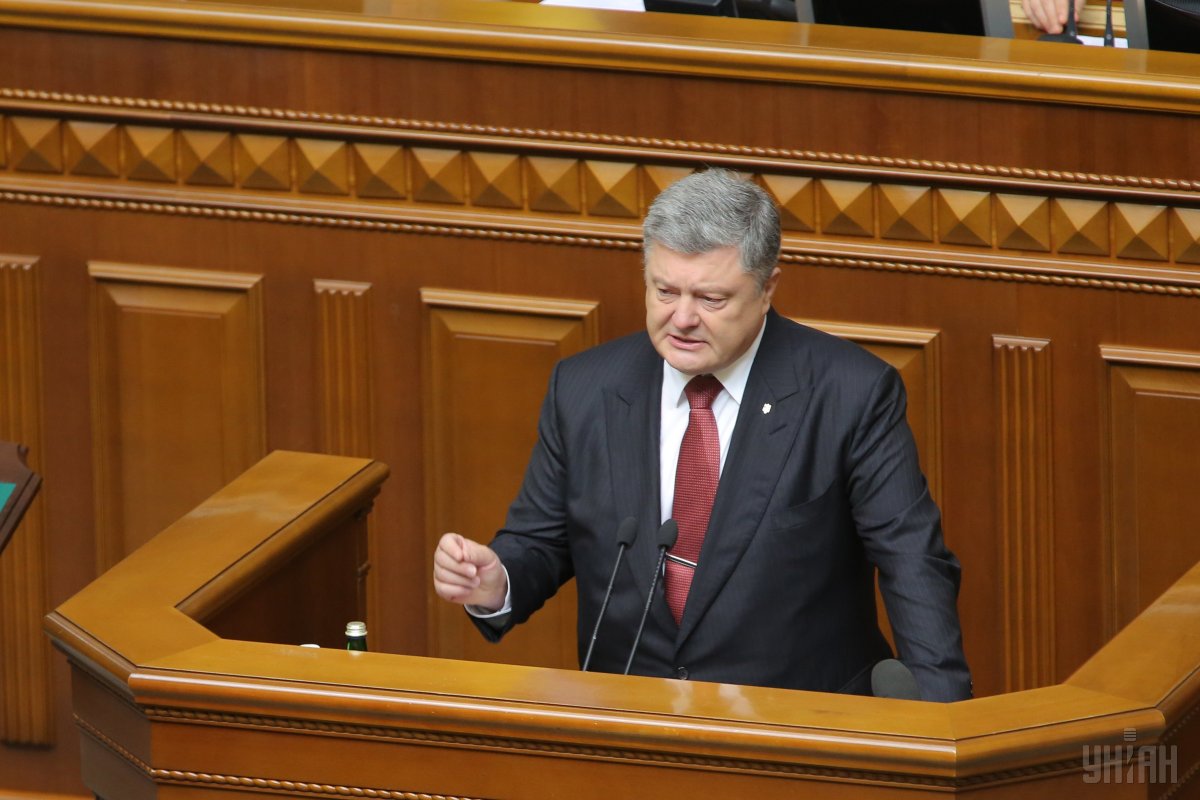
The President noted that, thanks to the Agreement, exports to the European Union in the first half of the year increased by 23%, while the EU's share in Ukraine’s foreign trade reached 40% (in 2009 it was 25%).
"This indicates the beginning of the process of integration of the Ukrainian economy into the EU economy. The country, which 3 years ago some planned to erase from the world’s political map, found strength to fight, change, and move forward... But problems require more attention than successes do. The fact remains clear that society is unhappy with the current situation. We must act quickly, give a second wind both to the fight against corruption and economic transformation," said Poroshenko.
According to him, the implementation of the European integration plan "will allow Ukraine to actually move the EU border even before the official membership is achieved ... Ukraine will be sectorally integrated into Europe and its membership will become merely a formality."
The president assured that this year the economy could grow by 1.8% and accelerate to 4% by 2020. This means that the economic situation is stabilizing and GDP is seeing growth. The ball is now in the legislators’ pitch and the next plenary week will show how they will respond to the president’s appeals.
Winter is coming
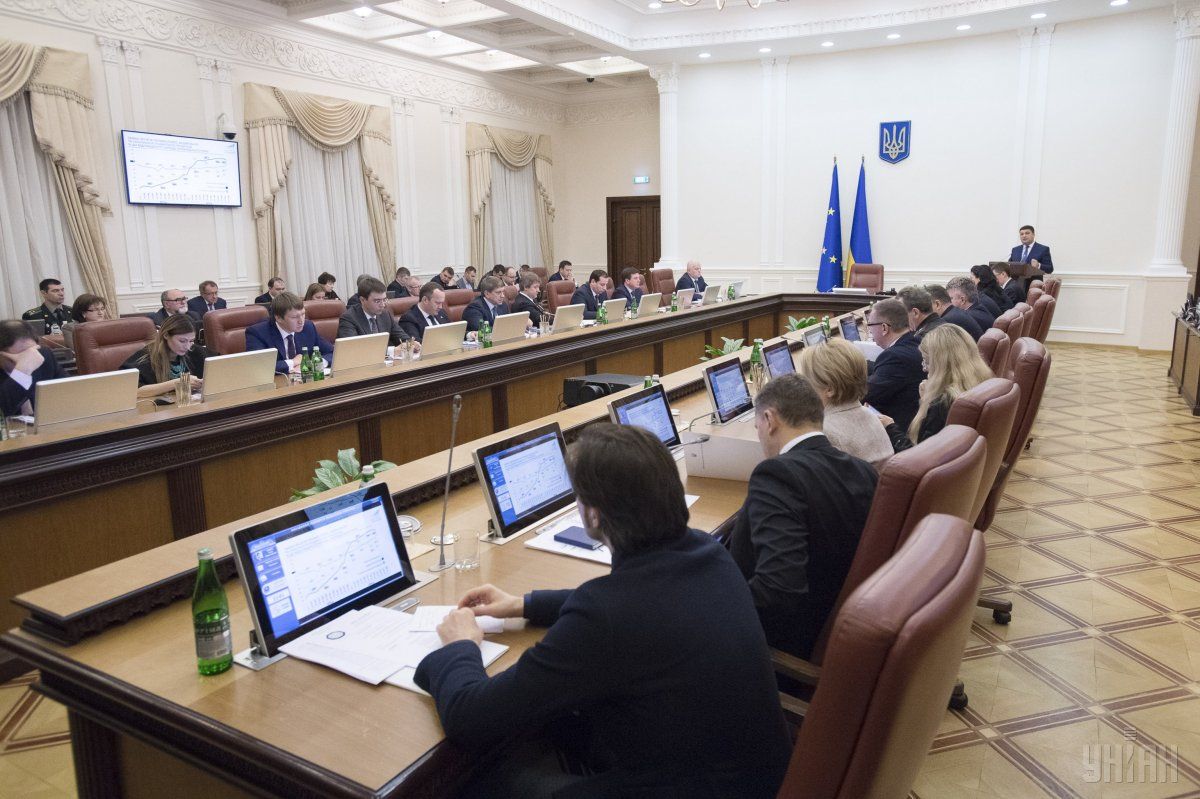
This week the government focused on the issues of the approaching heating season. Judging by the statements made at the Cabinet meeting, Ukrainians will live through the winter in relative calm.
"I want to emphasize once again, perhaps this one’s for panic-strikers or those who want to see Ukraine in a state of permanent chaos - we will start with dignity and go through another heating season. We have enough gas reserves, everything will be fine with electricity, everything should be fine with heating in Ukrainian households," Prime Minister Volodymyr Groysman said.
According to him, the government allocated UAH 9 billion for the preparation for the heating season - a record amount (in 2016 it was UAH 7.2 billion). The prime minister assured that sufficient natural gas reserves have been accumulated to ensure the supply of electricity and heat to consumers, which was confirmed by Vice Prime Minister Volodymyr Kistion: gas reserves over the past month grew by 2 billion cubic meters - to more than 14 bcm. Ukraine entered the latest heating season with 14.7 bcm of gas. This year, the volume of fuel piled up is expected to increase to 17 bcm.
In addition, the Minister of Regional Development, Construction and Housing Hennady Zubko said that the readiness of utility services for the heating season is at 96%.
"As of September 15, all regions of Ukraine should be 100% ready for the heating season," Zubko said, adding that the plan for gas reserves will be fulfilled based on the technical and technological capabilities that the country has today.
The guarantee of a stable supply of heat and electricity is the availability of 1.9 million tonnes of coal in warehouses of thermal generation companies, which is twice as much as in the same period last year. In addition, from September 8 to September 12, three ships with a deficient anthracite coal will arrive in Ukraine. These supplies were contracted in the U.S. by state-owned Centrenergo and private holding DTEK.
Naftogaz in search of European partner
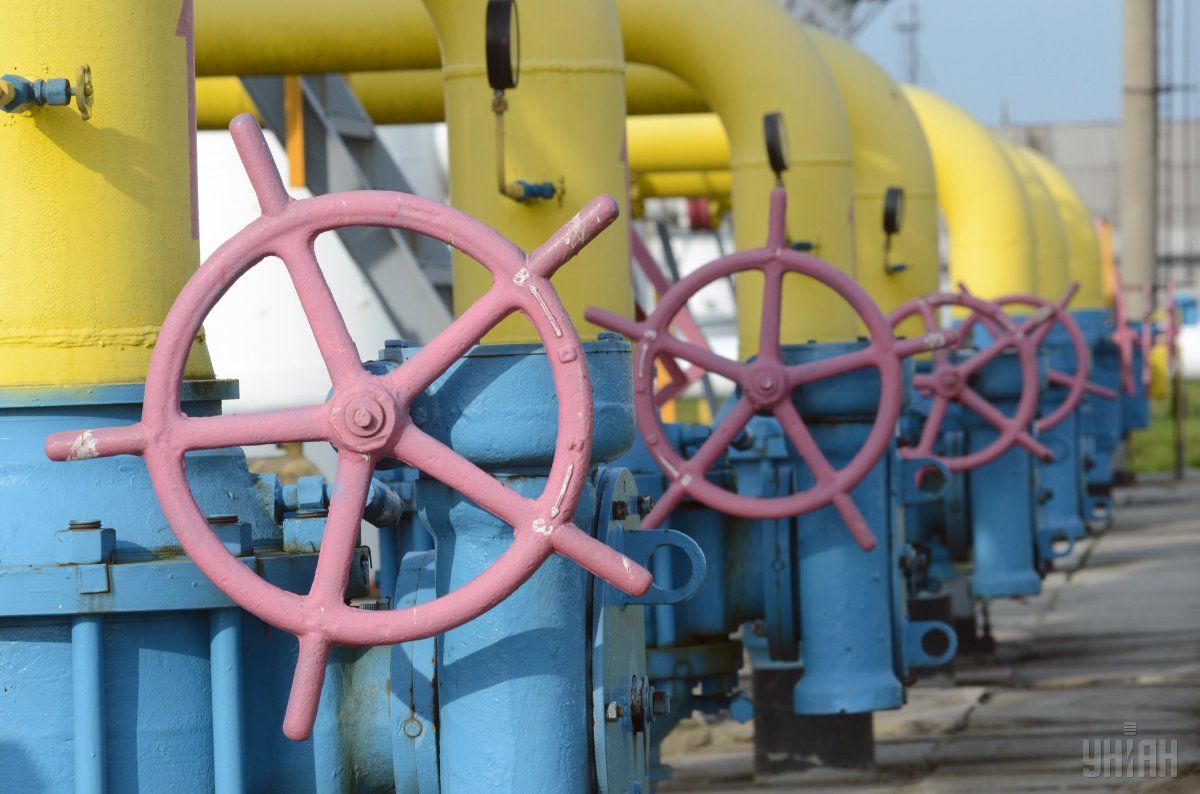
The national oil and gas holding, Naftogaz of Ukraine, announced the need to attract European companies to manage the country's gas transmission system. According to Naftogaz, this will allow maintaining transit volumes after the completion of the current contract with Gazprom, which expires in 2019 (over 8 months of 2017, the transit of Russian gas via Ukraine increased by 23% to 51.2 billion cubic meters).
The point is to allow European companies in the future to buy gas on the eastern border of Ukraine, and then transmit it to the European market.
"The future loading of the Ukrainian gas transmission system can be ensured by European companies that will be buying Russian gas on the eastern border of Ukraine ... In order for them to start shifting the transmission points to our eastern border, it is necessary to attract a high-quality international partner for the management of the Ukrainian gas transmission system," reads the statement by Naftogaz.
It is also noted that in order to do gas trading in Ukraine, European companies need a reliable counterpart as part of the GTS operator, whose presence will reduce many risks, including corruption.
The statement by Naftogaz is actually a response to the task set in the President's address to the Verkhovna Rada: after the completion of the contract for the transit of gas with Gazprom at the end of 2019, gas transfer points should be shifted eastwards: so that Europeans buy Russian gas on the Ukraine’s eastern border rather than on the western one, while Ukraine provide high-quality transit services to the European Union, not to Russia.
Time will show whether it will be possible to fulfill the task set by the president. A lot depends on the EU in this issue. Russia, traditionally, will be doing its best to resist Poroshenko’s innovations, which will finally take the country off the Russian gas hook.
Nervousness in forex market
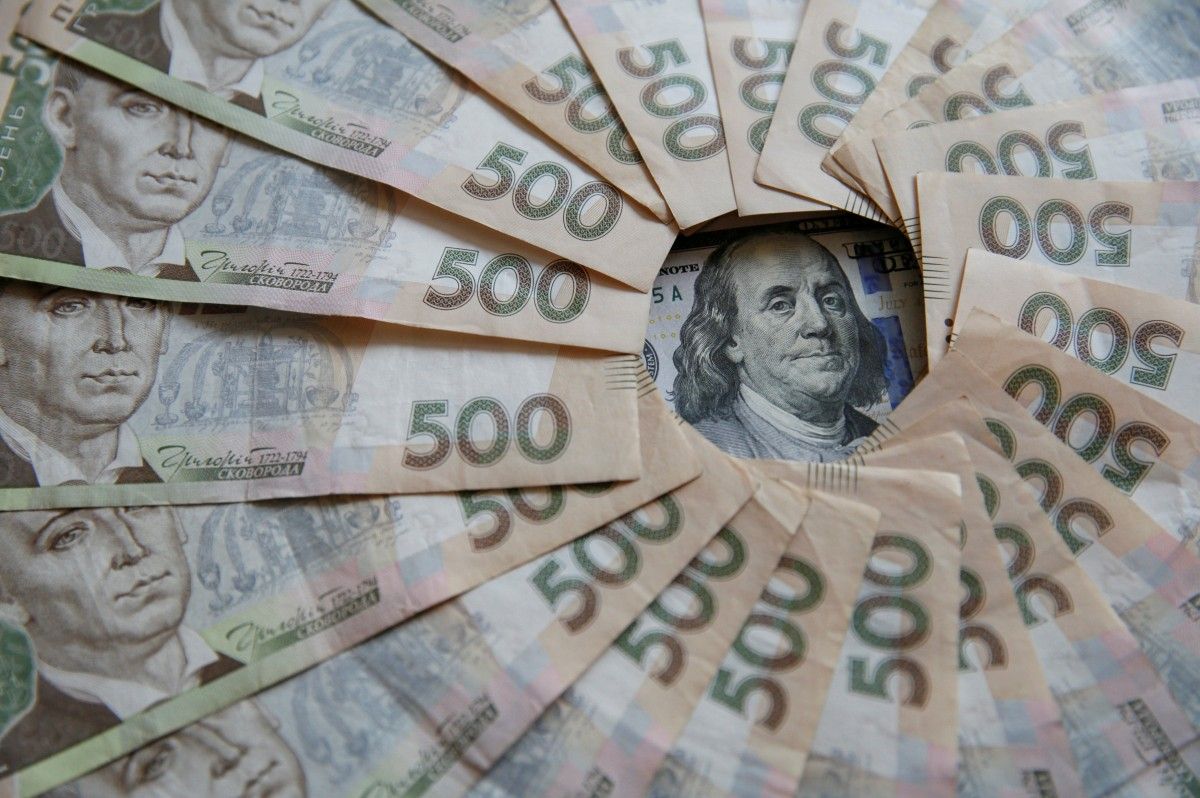
In the outgoing week, the situation remained tense in the foreign exchange market. Compared to last Friday, the "green buck" rose by 29 kopiykas September 8 and almost reached a UAH 26 mark. In the cash market, the dollar is already traded at UAH 26.4 – UAH 26.5. In order to support the weakening hryvnia, on September 5 the National Bank held a foreign currency auction, selling to banks some $20.4 million.
Experts note that there is no cause for concern. Head of the analytical unit at ICU Group Oleksandr Valchyshen believes that the Ukrainian currency market is no longer so seasonally prone, as it was before.
"The main factor that is now driving the market is the external one: the weakening of the dollar against other major world currencies and the total leveling of the fear factor in regard to the Chinese economy, which was strong enough in early 2017 and in 2016. Internal factors are largely offset by the ‘cleansing’ of the financial sector," the expert explained.
Analyst at Dragon Capital Serhiy Fursa sees no prerequisites for a significant weakening of the hryvnia against the dollar either, predicting the rate before the end of the year at the level of UAH 25-UAH 26 / USD.
"The hryvnia does experience a seasonal autumn weakness, which was contributed to by the high demand for energy, peak purchases of imports for the New Year and the behavior of farmers who transferred their revenues to dollars. But I can’t be sure this will be the case this autumn. The trend is different," the expert said.
In addition, Ukraine is now preparing to issue dollar-denominated bonds. To this end, representatives of the Ministry of Finance will hold meetings with investors in London, New York and Boston next week.
"This is the first time Ukraine plans a transaction of such complexity. The Finance Ministry’s team has been preparing for a long time, and next week we are already starting to communicate with investors at roadshows in the U.S. and the UK," Finance Minister Oleksandr Danyliuk wrote on Facebook.
He believes that the return of Ukraine to international capital markets with the placement of Eurobonds is important for the effective management of public debt.
"Any healthy competitive economy should have access to international capital markets," he wrote.
Also, the Ministry of Finance announced the redemption of existing bonds of the external state loan maturing in 2019 and 2020.
Dragon Capital's chief economist, Olena Belan, said that after the announcement of the terms of the buyout, sovereign Eurobonds rose in price sharply, while the yield on 10-year securities fell to a record low of 7.13%.
"Positive reaction and a favorable situation on foreign markets will allow the Ministry of Finance to reduce the cost of new borrowings," Belan said.
Head of the analytical department at Concorde Capital Oleksandr Parashyi believes that in this way the ministry expects to reduce the debt burden for 2019-2020, postponing part of the debt payments and reducing the cost of servicing borrowings.
"For 2019-2020, record payments on the debt are scheduled – at about $20 billion," said the expert.
In his opinion, the rate of profitability of new Eurobonds may be lower than those of redeemable securities.
"Probably, the Ministry of Finance will try to place new 5-year bonds at a rate of about 6.5%, or 7-year bonds at a rate of about 7.0%. Existing bonds have a rate of 7.75%. But more money will need to be paid, so the Ministry of Finance proposes to redeem bonds maturing in 2019 at 106% of the nominal value," Paraschyi explained.
He stressed that under such conditions, the deal is beneficial both to Ukraine and investors - holders of the country’s Eurobonds.
This week’s economic review will be concluded with a number of important news: Ukraine's international reserves as of September 1, 2017, reached their highest level since 2014 - at $18,035 billion, which is by $240 million, or 1.3%, higher than the figure as of August 1. From the beginning of this year, the growth is at 16%.
In addition, according to the State Statistics Service, deflation in August remained at 0.1% after July’s inflation at 0.2% against the previous month. In annual terms, against August 2016, inflation in August 2017 accelerated to 16.2% from 15.9% recorded a month earlier. Since the beginning of the year, in January-August, consumer prices in Ukraine have increased by 14.4%.
Another news is that Moody's, following its report on the increase in Ukraine's sovereign rating, raised the long-term issuer ratings of the cities of Kyiv and Kharkiv - to "Caa3" with a positive outlook and "Caa2" with a positive outlook, respectively.
Meanwhile, Ukraine’s sugar producers set a record - for the first time since the country's independence, sugar exports reached 769,000 tonnes in the 2016-2017 marketing year (September 2016 - August 2017), which is 5.8 times higher than the result of the previous MY.
The next week will also be rich in significant economic events. The main one is that a mission of the International Monetary Fund will arrive in Kyiv with an inspection of Ukraine's fulfillment of its obligations under the Extended Fund Facility cooperation program. The mission is led by IMF First Deputy Managing Director David Lipton.
Olha Pavlovskaya

